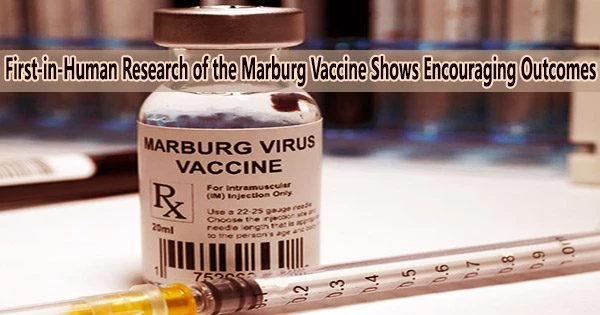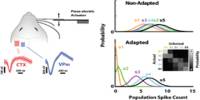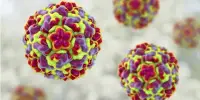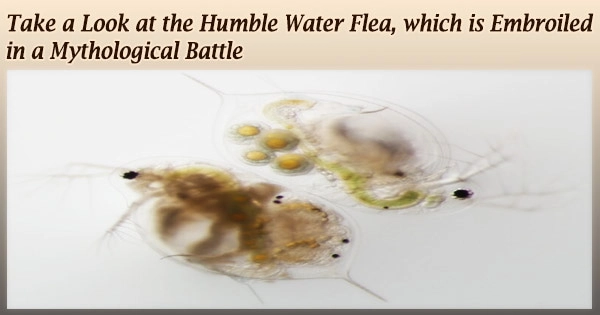Marburg virus is a highly virulent virus that belongs to the family Filoviridae, which also includes the Ebola virus. The virus is named after the German city of Marburg, where the first known outbreak occurred in 1967. The virus is transmitted to humans through contact with infected animals, particularly fruit bats, or through direct contact with the bodily fluids of infected humans.
A newly published paper in The Lancet shows that an experimental vaccine against Marburg virus (MARV) was safe and induced an immune response in a small, first-in-human clinical trial.
The vaccine, developed by researchers at the National Institute of Allergy and Infectious Diseases (NIAID), part of the National Institutes of Health, could someday be an important tool to respond to Marburg virus outbreaks.
This first-in-human, Phase 1 study tested an experimental MARV vaccine candidate, known as cAd3-Marburg, which was developed at NIAID’s Vaccine Research Center (VRC). This vaccine uses a modified chimpanzee adenovirus called cAd3, which can no longer replicate or infect cells, and contains a glycoprotein found on the surface of MARV to induce an immune response against the virus.
The cAd3 vaccine has shown a good safety profile in previous clinical trials when used against the candidate Ebola virus and the Sudan virus vaccine developed by the VRC.
MARV, a filovirus in the same family as the Ebola virus, causes a severe, progressive fever that leads to shock and death in many infected people.
Many researchers believe that MARV disease outbreaks in humans start when the virus leaves its primary animal host, which is likely to be a small number of sub-Saharan African bats that have been infected for a long time. Similar to the symptoms of an Ebola virus infection, MARV sickness can cause fever, headache, chills, rash, abdominal discomfort, vomiting, and diarrhea.
As the disease progresses, patients may experience multiple organ dysfunction, delirium, and profuse bleeding from the intestines or other areas that can cause death. There is no approved vaccine or specific treatment for MARV infection, except for supportive care.
Although some experimental vaccines have been tested in the past, none have shown to be both highly effective and capable of offering long-lasting protection. In areas of Africa where a vaccine for Marburg is most needed, a single-dose vaccination that might protect individuals over a lengthy period of time would be a critical aspect of quelling outbreaks.
In this study, 40 healthy adult volunteers were enrolled at the Walter Reed Army Institute of Research Clinical Trials Center in Silver Spring, Maryland. They received a single dose of either a low dose of the vaccine (1×1010 particle units) or a higher dose (1×1011 particle units).
For safety, the volunteers were enrolled in a dose-escalation plan. Three participants received the lower dose. After the first seven days, when they showed no signs of severe adverse reactions, the trial continued by enlisting the remaining 17 volunteers. The same procedure was also used for the higher dose group.
For 48 weeks, volunteers were evaluated at regular intervals to track their immune responses while being watched for any negative side effects from the investigational vaccine.
The trial’s safety results were encouraging: There were no serious adverse events, and the experimental vaccine was well-tolerated. One person in the highest dose group developed a fever after vaccination, which went away the following day.
In addition, the study vaccine appeared to induce strong and long-lasting immunity against the MARV glycoprotein: 95% of study participants showed a strong antibody response after vaccination, and 70% maintained this response for more than 48 weeks.
Further trials of the cAd3-Marburg vaccine are planned in Ghana, Kenya, Uganda and the United States. If more data confirms the promising results of the phase 1 trial, the cAd3 Marburgvirus vaccine could one day be used in emergency MAV outbreaks.
















